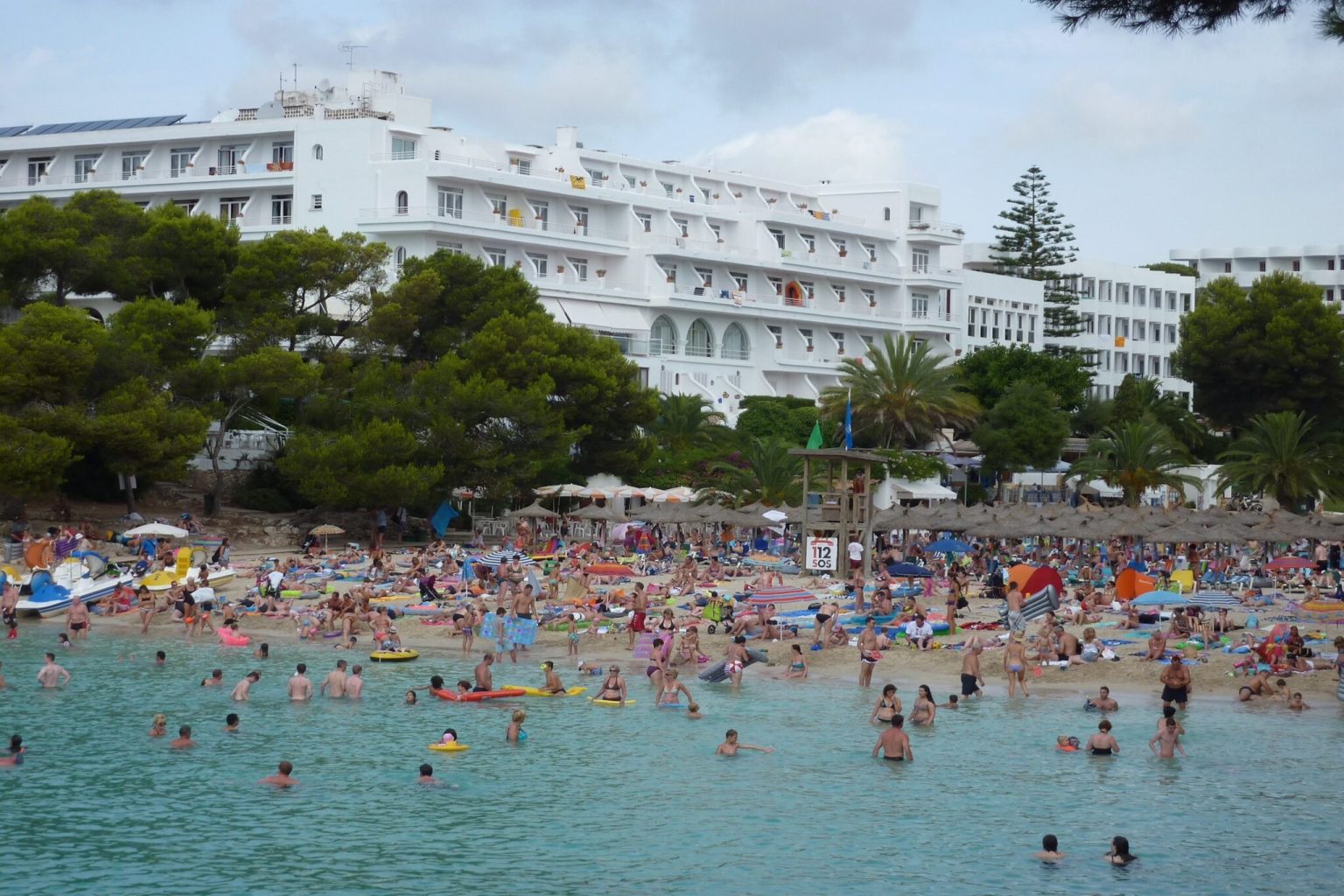Mallorca has recently experienced a decline in short-term rental bookings, following a crackdown on regulations and protests against the impacts of mass tourism. Authorities in Mallorca have implemented new restrictions and imposed fines on apartment buildings with 12 or more short-term rental units. As a result, short-term rental bookings in Palma have dropped by 8% compared to the previous year, with a 12% reduction in listings. Thousands of protestors have taken to the streets demanding limits on mass tourism, blaming short-term rentals for reducing the availability of residential housing and driving up prices for locals.
In contrast to Mallorca, other destinations in Spain have seen an increase in short-term rental bookings. Cities like Barcelona, Santa Cruz de Tenerife, and Santa Cruz de la Palma have experienced growth in bookings, indicating a surge in traveler interest in these areas. According to the State of Travel report from Skift Research, demand for short-term rentals in urban destinations with high supply grew by 21% in 2023. This rise in popularity for short-term rentals in cities reflects a larger trend of urbanization in the travel industry.
Mallorca’s popularity as a tourist destination in Spain has grown significantly, with international arrivals up by 6% in July and August, according to ForwardKeys. Spain as a whole has seen record tourism numbers, with nearly 43 million visitors in the first six months of the year. However, mass demonstrations against overtourism have been taking place in various Spanish destinations, including Barcelona, Malaga, the Canary Islands, and Menorca. These protests highlight the challenges faced by popular tourist destinations in managing the impacts of mass tourism and finding a balance between economic benefits and local concerns.
The crackdown on short-term rentals in Mallorca is part of a larger effort by authorities to address local frustrations with mass tourism. By imposing fines on apartment buildings with multiple short-term rental units, officials hope to limit the impact of tourism on residential housing availability and affordability for local residents. While this approach may have led to a decrease in short-term rental bookings in Mallorca, other Spanish destinations have seen an increase in demand for this type of accommodation, indicating a shifting trend in traveler preferences.
The debate over the impact of short-term rentals on local housing markets is not unique to Mallorca, as cities around the world grapple with similar challenges. As the popularity of short-term rentals continues to rise, it is crucial for authorities to find a balance that benefits both the tourism industry and local communities. By implementing regulations and restrictions on short-term rentals, destinations like Mallorca can work towards sustainable tourism practices that support economic growth while preserving the quality of life for residents. Ultimately, finding a balance between meeting the demands of tourists and protecting the interests of locals will be essential for the long-term success of popular tourist destinations.


